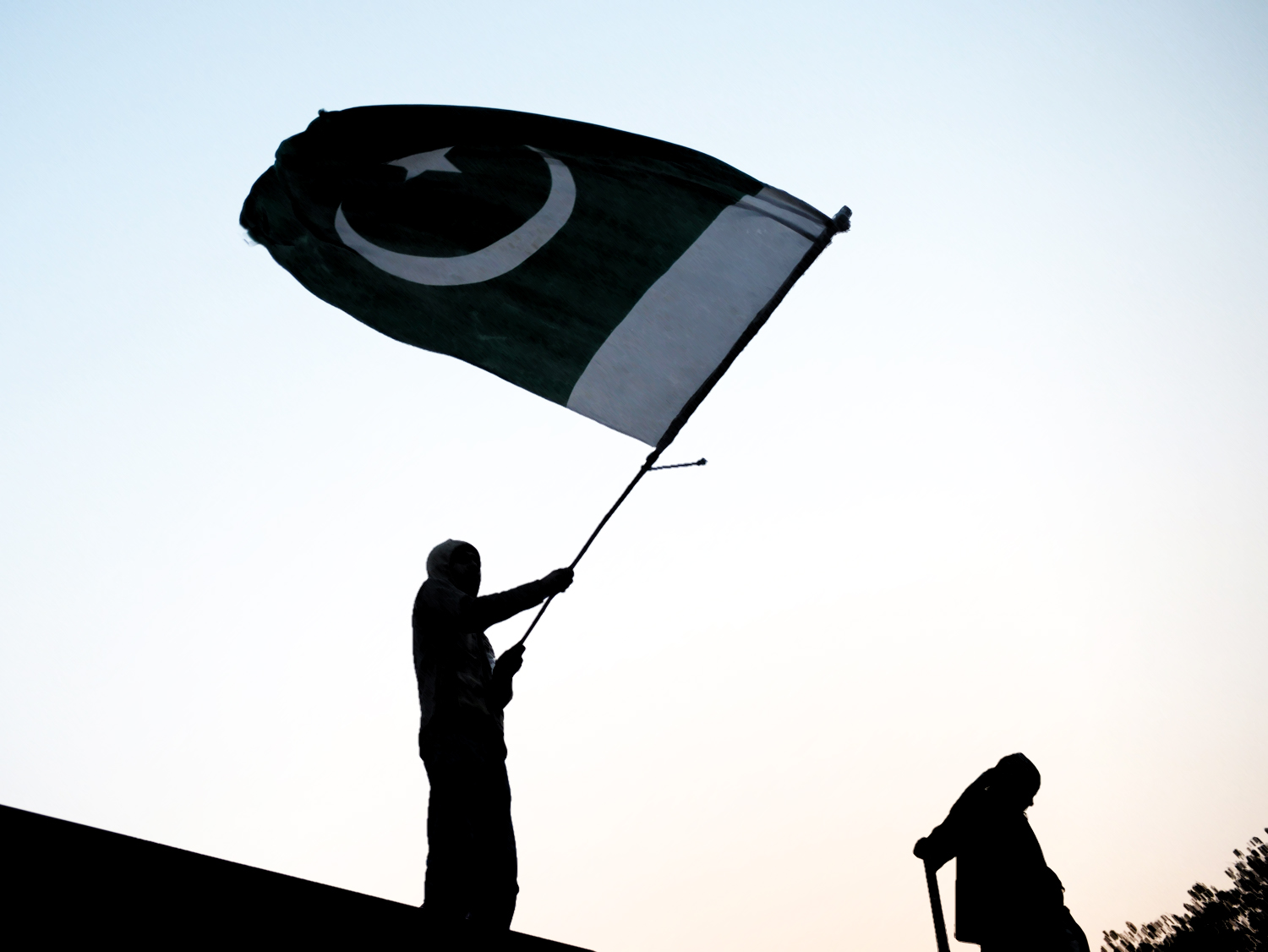
by Shah Khalid 11 October 2023
Pakistan’s foreign policy has long been anchored in unwavering adherence to the principles enshrined in the United Nations Charter, emphasizing territorial integrity, and a steadfast commitment to multilateralism. These fundamental tenets have been instrumental in shaping Pakistan’s global relations and cementing its active role on the world stage.
The cornerstone of Pakistan’s foreign policy is a deep-seated commitment to the United Nations Charter. As a founding member of the United Nations, Pakistan has consistently championed the Charter’s principles, which advocate for peaceful dispute resolution, non-interference in sovereign states’ internal affairs, and the promotion of human rights. Pakistan’s active participation extends to its significant contributions to global peacekeeping missions, a testament to its dedication to fostering global harmony and stability.
Respect for territorial integrity stands as a fundamental pillar of Pakistan’s foreign policy. Pakistan firmly believes in the sacrosanct nature of international borders and consistently calls for the diplomatic resolution of territorial disputes. The long-standing issue of Kashmir, a region contested by both Pakistan and India, exemplifies this commitment. Pakistan advocates for a peaceful resolution to the Kashmir conflict in line with UN resolutions and bilateral agreements, demonstrating its unwavering commitment to diplomacy in resolving territorial disputes.
Additionally, Pakistan places great importance on cultivating bilateral relations with its neighboring countries, underscored by principles of mutual respect and cooperation. Despite historical tensions, Pakistan seeks to establish diplomatic and economic partnerships within the South Asian region. A prime example of this commitment is the China-Pakistan Economic Corridor (CPEC), a transformative infrastructure initiative that reflects Pakistan’s dedication to regional development and cooperation. By upholding its neighbors’ territorial integrity, Pakistan aims to foster an environment conducive to peace and prosperity.
Multilateralism holds a central position in Pakistan’s foreign policy approach. Pakistan actively engages in regional and international organizations to address global challenges collectively. Within South Asia, Pakistan supports the South Asian Association for Regional Cooperation (SAARC) as a platform for regional cooperation and conflict resolution. Furthermore, Pakistan’s involvement in organizations such as the Shanghai Cooperation Organization (SCO) and the Organization of Islamic Cooperation (OIC) underscores its commitment to multilateral diplomacy.
Moreover, Pakistan extends its engagement in multilateral initiatives to address global issues such as climate change and counterterrorism. Recognizing the urgency of climate change, Pakistan has taken steps to mitigate its impact, including its adoption of the Paris Agreement. In the fight against terrorism, Pakistan plays a pivotal role in international efforts by sharing intelligence and collaborating with other nations to combat extremist threats. These actions highlight Pakistan’s commitment to global security and cooperation.
However, Pakistan’s dedication to the international order is not without its challenges. Navigating the ever-evolving global landscape while balancing national interests with international commitments presents a delicate endeavor. Pakistan must consider economic development, security concerns, and regional stability while upholding international norms and principles.
Regional security dynamics pose additional complexities. Pakistan’s relationship with neighboring Afghanistan, for instance, has been marked by intricacies due to ongoing conflict and instability. Striking a balance between relations with various Afghan factions and international stakeholders while promoting peace and stability in Afghanistan remains a formidable task.
Efforts to overcome diplomatic obstacles can also prove challenging. Resolving long-standing issues such as the Kashmir dispute requires cooperation and goodwill from all involved parties. Pakistan’s commitment to peaceful dialogue and diplomacy remains essential, even though progress may be gradual.
Despite these challenges, Pakistan’s adherence to the international order, as delineated by the UN Charter, its unwavering respect for territorial integrity, and its commitment to multilateralism, affirm its role as a responsible global actor. Pakistan’s substantial contributions to UN peacekeeping missions, its pursuit of peaceful conflict resolution, and its active engagement in regional and international organizations exemplify its dedication to global peace and cooperation.
As Pakistan continues to play a pivotal role in regional and global affairs, its commitment to the international order serves as a beacon of hope for a more peaceful and cooperative world. Through diplomacy, dialogue, and collaboration, Pakistan strives to uphold the principles of the UN Charter, promote territorial integrity, and advance multilateralism for the collective benefit of nations across the globe.
